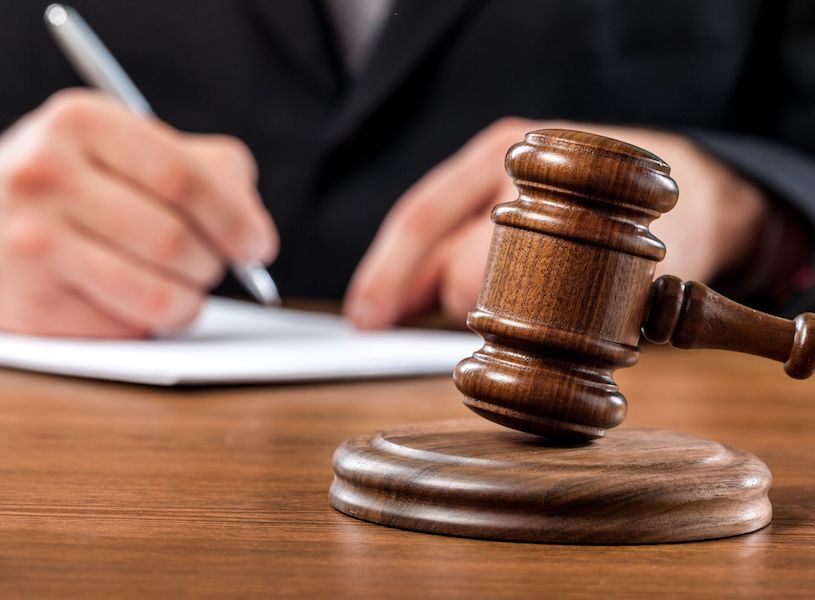
A group of unregistered firms carried out a massive fraud scheme touting private companies to investors with the promise that they would soon be going public, and then hitting the investors with undisclosed fees, U.S. authorities allege.
The U.S. Securities and Exchange Commission (SEC) filed charges against four firms — Prior 2 IPO Inc., Late Stage Asset Management LLC, Pre IPO Marketing Inc., and JL Rivera Enterprises Ltd. — and their founders for allegedly raising over US$500 million in fraudulent offerings involving pre–initial public offering (IPO) companies.
According to the SEC’s complaint, a network of unregistered sales reps raised at least US$528 million in unregistered offerings of pre-IPO securities from more than 4,000 investors around the world.
The regulator alleged that the firms charged undisclosed markups — in some cases as high as 150% — enabling them to divert more than US$88 million of investor money to the firms, their founders and the sales reps.
“As alleged in our complaint, the defendants sold unregistered securities to investors based on false promises of no upfront fees when they siphoned off tens of millions from such undisclosed fees for themselves,” said Sheldon Pollock, associate regional director in the SEC’s New York office, in a release.
“We continue to scrutinize closely the sale of unregistered pre-IPO investments to retail investors,” he said.
Separately, one of the SEC defendants, Raymond John Pirrello, Jr., was charged with securities fraud conspiracy, wire fraud conspiracy and securities fraud in connection with the scheme.
“As alleged, the defendant lied to investors by claiming that the investments made through Late Stage carried no fees and that their full investment would be used to purchase stock, when in reality he was paying himself significant fees on each investment,” said Breon Peace, U.S. attorney for the Eastern District of New York, in a release.
The SEC is seeking permanent injunctive relief, disgorgement of ill-gotten gains with prejudgment interest, and civil penalties against all of the defendants, along with officer and director bars against the firms’ founders.
None of the allegations have been proven.